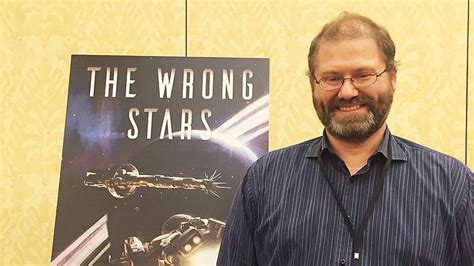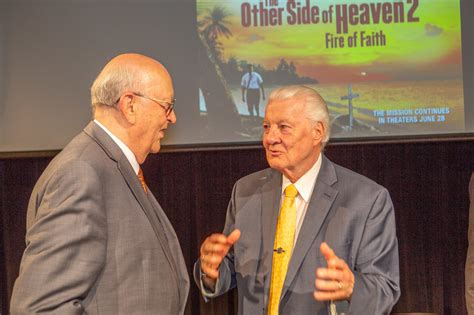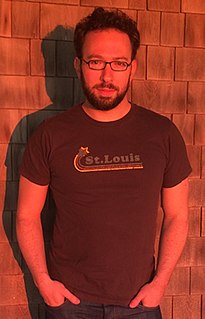A Quote by Mary Pope Osborne
As far as benefits to reading historical novels, there are several! For one thing, you learn about life in another era. Secondly, these novels help us to develop a deeper understanding of the legacy of women who came before us and the strides made by our ancestors.
Related Quotes
Dealing with our overweight - or with any of our life's difficulties, for that matter - is not a battle to be fought. Instead, we must learn how to make friends with our hardships and challenges. They are there to help us; they are natural opportunities for deeper understanding and transformation, brining us more joy and peace as we learn to work with them.
I do not share the pessimism of the age about the novel. They are one of our greatest spiritual, aesthetic and intellectual inventions. As a species it is story that distinguishes us, and one of the supreme expressions of story is the novel. Novels are not content. Nor are they are a mirror to life or an explanation of life or a guide to life. Novels are life, or they are nothing.
All of us, single or married, are eternally part of some family-someway, somewhere, somehow-and much of our joy in life comes as we correctly recognize and properly develop those family relationships. We come to this earth charged with a mission: to learn to love and serve one another. To best help us accomplish this, God has placed us in families, for he knows that is where we can best learn to overcome selfishness and pride and to sacrifice for others and to make happiness and helpfulness and humility and love the very essence of our character.
We spend more time with our coworkers than we do with our loved ones, and yet we don't have that many novels on the subject. We have far more novels about families bickering at Thanksgiving and not enough about the day before Thanksgiving at the office. If we lived in, say, Romania, maybe a workplace job might not be as important to the cultural discussion. But we live in America, where work is crucially important and capitalism drives everything we do.
We read novels because we need stories; we crave them; we can’t live without telling them and hearing them. Stories are how we make sense of our lives and of the world. When we’re distressed and go to therapy, our therapist’s job is to help us tell our story. Life doesn’t come with plots; it’s messy and chaotic; life is one damn, inexplicable thing after another. And we can’t have that. We insist on meaning. And so we tell stories so that our lives make sense.
When we want a book exactly like the one we just finished reading, what we really want is to recreate that pleasurable experience--the headlong rush to the last page, the falling into a character's life, the deeper understanding we've gotten of a place or a time, or the feeling of reading words that are put together in a way that causes us to look at the world differently. We need to start thinking about what it is about a book that draws us in, rather than what the book is about.
The arts have long been an integral and vibrant part of our nation's cultural heritage. In its many forms, art enables us to gain a deeper understanding of ourselves and of our society. Providing us with a unique way to learn about people of other cultures, it allows us to discover all that we have in common. At its best, art can beautify our cities, encourage economic development and social change, and profoundly affect the ways we live our lives.






































